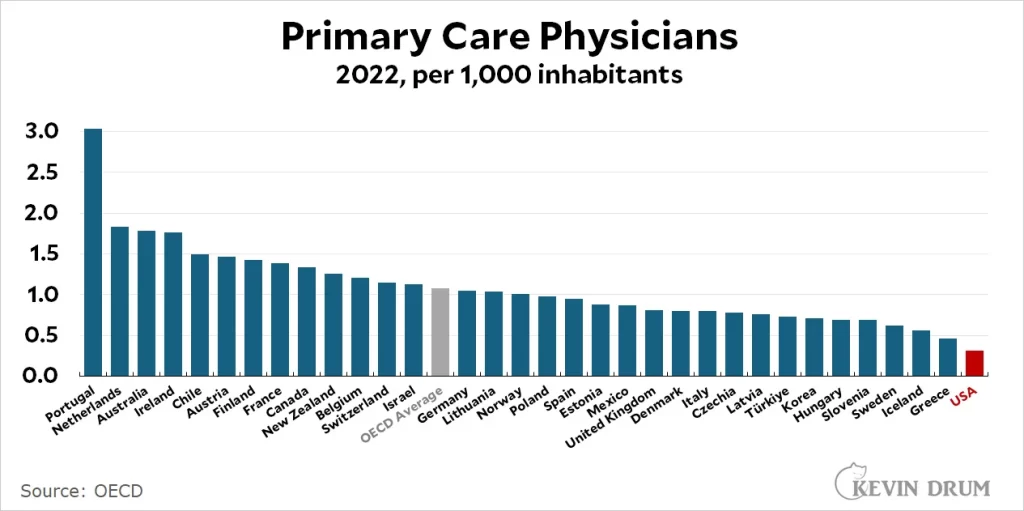“When one individual inflicts bodily injury upon another such that death results, we call the deed manslaughter; when the assailant knew in advance that the injury would be fatal, we call his deed murder. But when society places hundreds of proletarians in such a position that they inevitably meet a too early and an unnatural death, one which is quite as much a death by violence as that by the sword or bullet; when it deprives thousands of the necessaries of life, places them under conditions in which they cannot live – forces them, through the strong arm of the law, to remain in such conditions until that death ensues which is the inevitable consequence – knows that these thousands of victims must perish, and yet permits these conditions to remain, its deed is murder just as surely as the deed of the single individual; disguised, malicious murder, murder against which none can defend himself, which does not seem what it is, because no man sees the murderer, because the death of the victim seems a natural one, since the offence is more one of omission than of commission. But murder it remains.”
- Friedrich Engels, The Condition of the Working Class in England, 1845
Everybody in the US knows, or has heard of, people who have suffered and died because of the country’s healthcare system. Focusing on deaths, the vast majority have been “more of omission than of commission.” The health insurance system in the US is insanely convoluted, though, so narrowing down the responsibility for that omission can seem impossible.
The problem could be the availability of a doctor at the right time and place. The availability of doctors in the US is certainly on the decline, and lower per capital than in other developed nations:

The problem could be the availability of a health care facility, or the quality of that facility. There are fewer hospitals in the US than there used to be. The question of quality is too complicated to characterize with a single trend or number, but there’s a lot of troubling data here.
There is one factor that most people will zero in on in connection with “death in the healthcare system:” insurance coverage, or lack of it, or decisions by insurers to decline coverage. Since health coverage in the US (and only in the US) is paid for by commercial organizations, it’s those organizations that are the targets of anger and frustration at “the system.” Some of that anger is focused on commercial organizations only because they’re the “easiest” target. But they certainly bear responsibility for deaths by omission, even if they don’t bear all of it.
And now we evidently live in a world where the CEO of a major healthcare organization might be murdered, evidently because of their leadership of that organization. And we evidently live in a world where that murder is, if not overtly celebrated, at least “understood.”
This feels, at the same time, both wrong and (kind of) right. And that feeling itself is confusing. Hardly anybody finds murder even remotely acceptable. I would argue that even the slime-spewing fools posting death threats anonymously on social media don’t really condone the threats they thoughtlessly write. At least I hope they don’t. And even if you can construct a scenario where a specific person is specifically killed because of a specific action (or omission) by a specific commercial organization, how do you assign personal blame in that case?
Commercial organizations exist, in large part, to avoid personal responsibility. That’s what a “corporation” is, in a legal sense — a way to avoid having any person held responsible. A new-ish form of commercial organization is the “limited liability corporation,” or LLC. That’s what “limited liability” is all about: avoiding responsibility.
And yet. That lack of responsibility inherent in, I suppose, the whole capitalist experiment is showing pretty strong signs that it’s not a viable idea, long-term. When Brian Thompson, the CEO of United Healthcare, was killed in New York in early December, there was not exactly widespread concern expressed about him. There was a lot more concern directed at the alleged shooter. Plenty of writers walked rhetorical tightropes, trying to condemn the idea of any violent attack while also expressing their understanding of (and sympathy for) the sentiments that they imagined led to the event.
Things are way out of balance these days. A world where Engels’ idea of “social murder” is avenged by individual retribution is not, I think, one we would like very much. As pointed out in Atlantic: “Some Americans believe that abortion is murder, and that those who facilitate abortion deserve to be punished for their complicity with evil. Imagine if, after an attack on an abortion clinic, a journalist were to say “I just think there are a lot of ways to unjustly and immorally end someone’s life before it should have ended. One of them, the kind of violence we fixate on in this country, is a single person with a weapon that intends harm upon another person and then causes it. But there’s a lot of other ways to end a life early and unjustly and immorally, and aborting an unborn child is one of them.”
We would not much like a world where “social murder” is a crime to be avenged by an individual. But the world where where one of the foundations of society is the systematic avoidance of responsibility is the one we already live in, and we aren’t liking that very much either.
